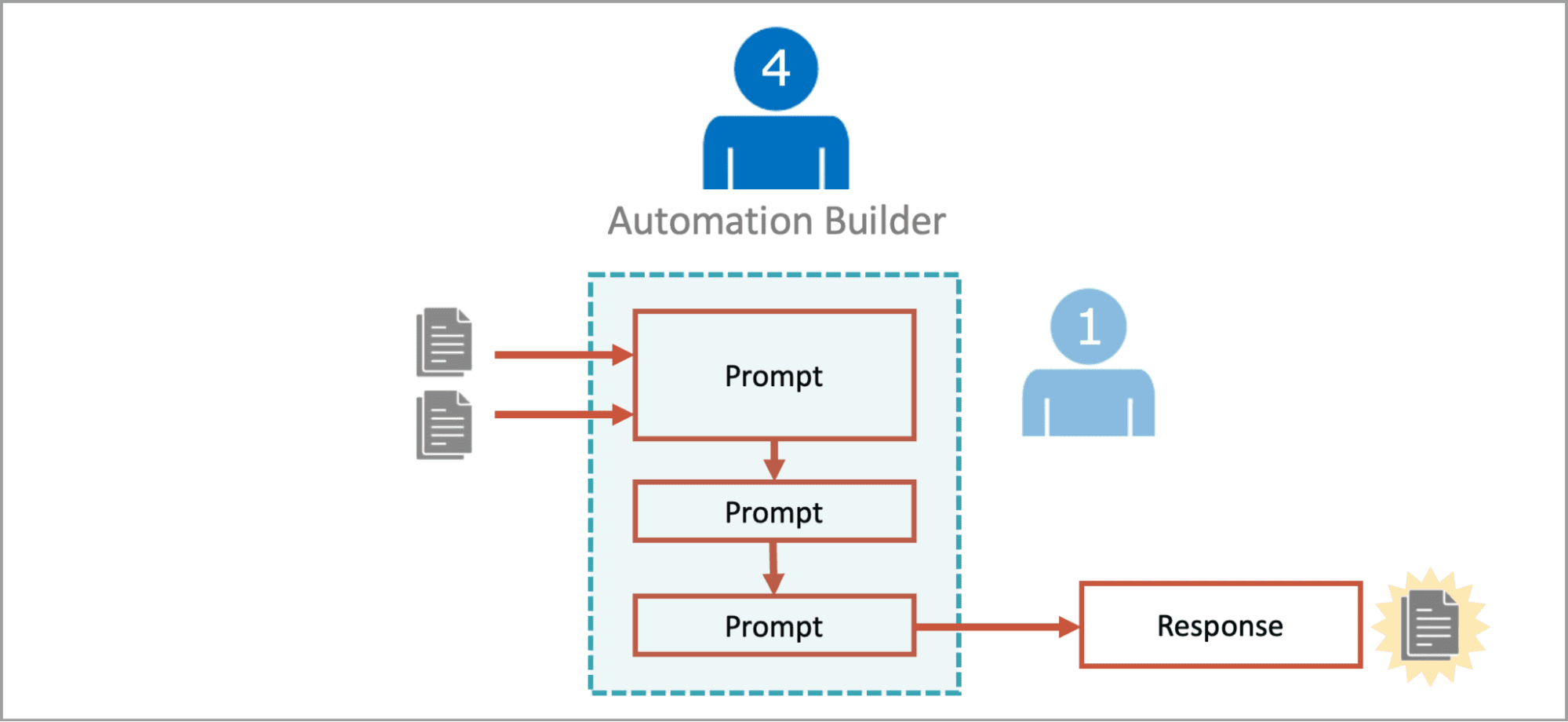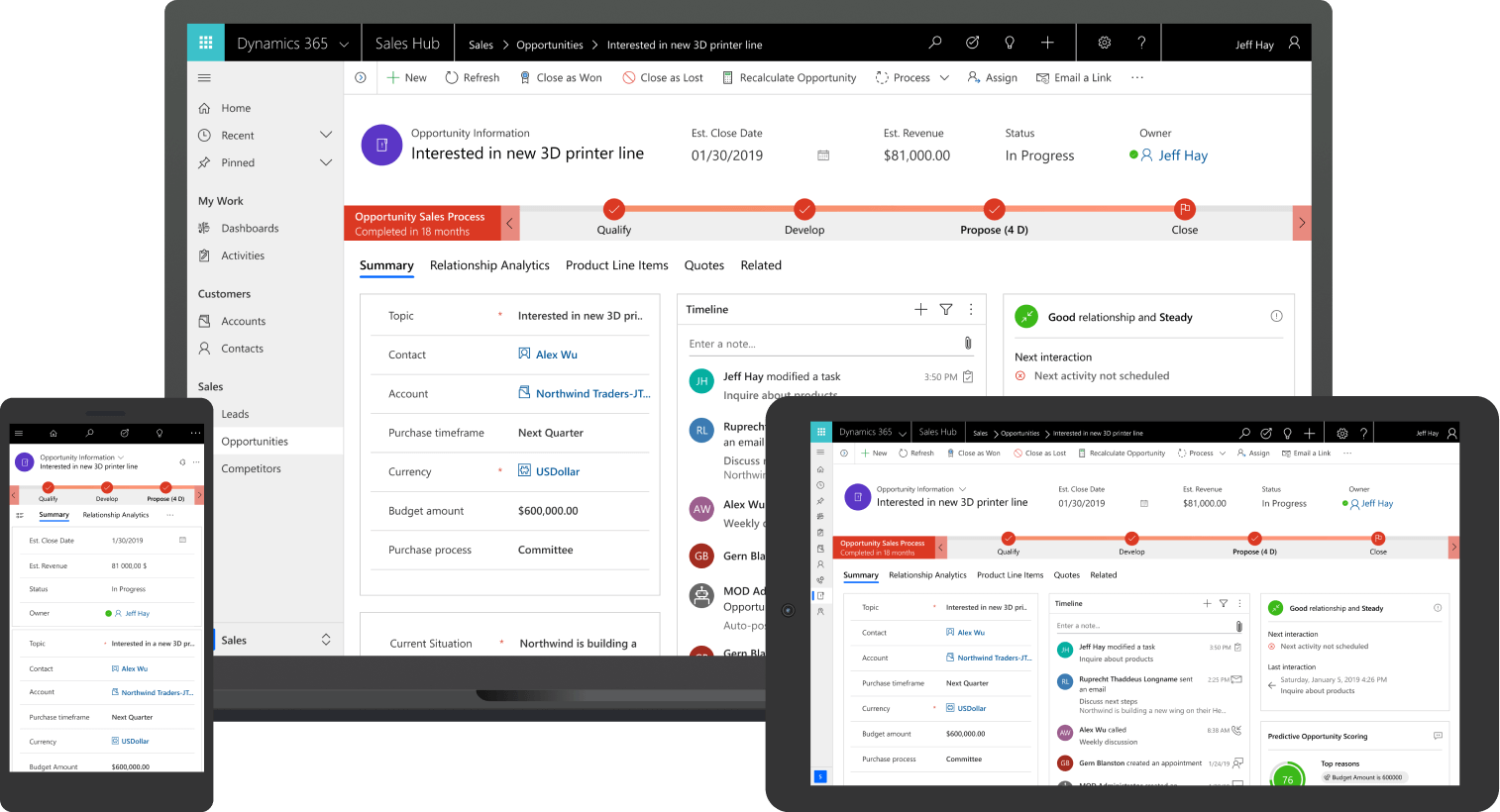manager does a weekly “mental health check,” former boss still acts like my current boss, and more
It’s five answers to five questions. Here we go… 1. My manager wants us to do a “mental health check” weekly Once a week, my new direct supervisor posts in our group Teams chat the following: “Good morning! Mental health check! Time to vent – how is everyone feeling?” I’m not sure if I should […] The post manager does a weekly “mental health check,” former boss still acts like my current boss, and more appeared first on Ask a Manager.

It’s five answers to five questions. Here we go…
1. My manager wants us to do a “mental health check” weekly
Once a week, my new direct supervisor posts in our group Teams chat the following: “Good morning! Mental health check! Time to vent – how is everyone feeling?”
I’m not sure if I should even respond, or not. However, I feel like it’s really a non-negotiable because she will keep asking.
My first gut feeling is this: if I was feeling like I was having a tough time with work, I’d either have gone to you already, or addressed it with my therapist. “A mental health check” is not something that I’m going to discuss with my direct supervisor.
How do you suggest I respond to something like that without sounding like I’m a complete jerk?
Chances are good that she’s not really asking for a mental health check … and that if people started treating it like that and going into detail about their depression and childhood trauma and marriage strife, she’d probably quickly regret phrasing it that way. Most likely, she really means “how’s everyone feeling in a limited, work-appropriate way — anything going on with how you’re showing up at work today/this week that we should know about as a team?” She’s expecting relatively bland responses like “ugh, Mondays” and “frustrated we can’t get this database error fixed” and “good” and “nervous that we haven’t heard back about X” and “excited for our potluck.” (At least one hopes that’s the case; there are certainly managers who think they can act as trained therapists, but they’re more the exception than the rule.)
If your team is large enough that it won’t stand out if you just don’t respond, feel free to stay quiet. Otherwise, mentally reframe it in your head to “how’s it going today?” and treat it like a much lighter inquiry than her wording has suggested.
If I’m wrong and she’s made it clear she wants you to delve into mental health, there’s advice here on handling it — but chances are high that just translating it into a more appropriate question in your head will work fine:
our boss pushes us to share how we’re doing emotionally at team meetings
my boss wants us to all share our mental health needs – at every meeting
(For what it’s worth, I also hate “time to vent” — that can go sideways quickly, stress out people who don’t want to be the audience for other people’s venting, and isn’t something a manager should be encouraging on a weekly basis.)
2. I didn’t get either of the things I asked for in our office move
Our team is undergoing a move to a new building. I’m not very excited about it because, even though it’s a newer building, it has smaller offices and is farther away from the facilities I use daily. I told the person in charge (which is a job I do not envy) that I didn’t really care too much about where or who I was placed with, but I did strongly desire two things: 1) to keep my current desk (a larger desk which helps house the multiple sets of computers I need for my job), and 2) that I remain in a window seat. I was told that neither of those things would be a problem (we can bring our existing furniture and my new office mate likely wouldn’t mind being by the door). Problem solved!
However, now that the move is a week away, we were given our final assignments, and I’ve been slotted into a door-side seat (my new office mate wanted the window too, and has seniority). I went and measured the new office, and I don’t think that my current desk will fit in the smaller space (because the door would interfere). So now neither of my two preferences have been met, and I’m pretty demoralized. I’ve been a supervisor on this team for six years (longer than any other supervisor), and manage the largest sub-team. I believe (although I don’t know this for a fact) that I am the only person has a window seat to lose it (multiple other, less senior people are gaining one), and my new office mate is the only person on our 40+ person team they could have paired me up with where I would have lost out on the window due to seniority.
Here’s the thing — a month ago if you told me somebody was pitching a fit about not getting a window seat or having to change desks, I would have thought they were being ridiculous and a drama queen. But now that I’m the one who’s losing the window seat I’ve had for six years and having to move to a smaller desk, I’m upset.
Hw do I navigate this with my boss? I don’t just want to accept it and say that it’s fine, because I am pretty upset about the process and the outcome, and I feel like that is a valid thing to let my boss know. But I don’t want to come across as a whiner complaining about first world problems. Any advice?
If it’s going to be tough to comfortably work from a smaller desk due to your multiple computers, that’s the easier of the two to get traction on. Present it as a basic work need: “I explained to Jane that I need X monitors because of Y reasons, which means I need a desk large enough to comfortably hold them all. I understand it’s really hard to juggle everyone’s needs in a move like this, but this directly affects my ability to do my job.”
The window is a harder sell, even though less senior people are getting windows. It’s possible that came about through some Tetris-like juggling of various constraints, but it’s also possible it was an oversight. If they’re going to need to move you anyway to get the desk issue resolved, there might be room to raise it again, but it sounds like the desk is the bigger priority — so I’d raise that first, see how frazzled your boss’s response is, and decide from there whether it makes sense to raise the window too, since it may not be possible to get both.
3. My former boss still acts like my current boss
I work as technical support for a research team at a large university. Up until a year ago, the principal investigator (PI) on the team was Giles, who initially hired me. We have an excellent working relationship and have accomplished lots of things together that I’m proud of. Last year, Giles stepped down from his leadership role in order to focus more on his research, and another team member, Willow, took over as PI. Willow and I also have a great working relationship, and she’s given me lots of challenging and interesting tasks to do.
The problem is, Giles is still assigning me tasks related to his own research, at the same rate as he used to when he was PI. These tasks are all project-relevant, so it’s not unreasonable for me to do them, but he never checks with Willow first, so in practice I’m finding myself trying to juggle two bosses and two workloads. I know I should say something, but I’m not sure if it’s Giles or Willow I should be approaching first. It also doesn’t help that while Giles has always been great in his interactions with me, he has a reputation for getting confrontational when he feels that other people are impinging on his resources (i.e., me) or not giving his work the priority he thinks it deserves. I’m wary of inadvertently starting a conflict between him and Willow with me in the middle. How do I handle this?
Talk to Willow first, since she’s your boss and needs to know there’s a problem. Tell her what’s going on and what the impact is on you and your workload. If she doesn’t know Giles enough to know his reputation for becoming confrontational when he feels his work isn’t being given enough priority, explain that part too; say you need her help navigating it, but you don’t want her to be blindsided if it becomes a point of conflict.
Depending on how Willow wants you to handle it, there are a bunch of options: she might talk to Giles herself and tell him you need to prioritize assignments from her or that he needs to go through her, or she might tell you to tell Giles that you have to finish other work before you can help him, or she might ask you to loop her in whenever Giles assigns you something, and on and on. But the first step is to tell her it’s happening so that you can both get aligned on how to handle it.
4. How to explain to interviewers why I quit my job with nothing else lined up
I left a job a few months ago without another lined up. I’d worked for 2.5 years in a very small organization that experienced near-complete staff turnover in my last year. The director of many years retired and a new one was hired. Quite simply, this man drove me bananas every day for months until I finally had to leave. He was like a real-life Michael Scott, without the secretly-being-good-at-his-job factor. He said enough sexist things to me that I started tracking them. In a conversation about something completely unrelated, he volunteered that he had a harder time working with women than with men. When I told him that this was a problem for me because I didn’t want to be treated differently than male colleagues, he acted shocked. He also had a way of blustering through things he didn’t understand and ignoring any concerns that staff raised (and these staff were always women, so this seemed additionally gendered.) I wound up carrying way more responsibility in the office because of his ineptitude. I came home from work enraged every day.
I declined a promotion once I understood that I couldn’t continue to work for this person. But it was the busy season, so I stayed a couple more months to help them hire new staff and get through the transition. This is to say, I did my best to make it at least seem like an amicable parting.
Leaving, even without another job lined up, was 100% the right decision (and I was very fortunate to be able to do it). But now I am applying for a job in the same small industry. I’m trying to figure out how to answer the question, “Why did you leave your last job?” I know you’re not supposed to speak ill of former employers in interviews, but I am really stumped trying to come up with an answer that seems reasonable. I can’t say that I left to pursue new challenges, because I declined a promotion to the same position as the one I am now applying for before leaving. (They would definitely know about this because the position was advertised after I declined it, and this is a small world.) I feel like I can’t give some sort of vague answer about it not being a good fit, because it was obviously bad enough that I left without another job.
“I was ready for something new and wanted to take some time off to think about my next move. I’m interested in this position because ____.” (Note that quick pivot to why you’re applying here vs. why you left the last place.)
If it’s a small enough industry for people to know you turned down a promotion there, it’s a small enough industry that they’re also aware of the high turnover there (and probably the other issues too) and they’ll likely read between some lines.
Related:
how to explain to your interviewer why you left a previous job
5. Unlimited vacation time and parental leave
A few years ago, I worked at a company in California with unlimited PTO. I know some people hate it or think it’s a scam, but I loved it. Everyone was a professional adult about it, and managers and leadership encouraged people to take vacations.
One of my direct reports needed to take parental leave but had not worked there long enough to be eligible for the company’s paid leave. (This was an issue that pissed me off.) In normal limited PTO type jobs, people would save up their vacation days to extend their leave. What happens for people with unlimited PTO? Can they extend their parental leave using vacation days at all, or can they only use the official number of paid/unpaid days given by either the government or the company?
In my specific case, I told the employee they could take the difference between statutory and company leave as PTO. But HR told me this wasn’t allowed. Is there any official or legal stance on that?
Some companies with unlimited vacation do extend it to cover parental leave, but it’s more common to maintain completely separate policies for vacation and parental leave. For example, they might offer unlimited vacation plus 12 weeks of paid parental leave, with FMLA running concurrently. That can get tricky, though, if someone wants to use their unlimited vacation to extend their parental leave, so policies frequently make clear it can’t be used that way. (And typically, that’s where the requirement to use PTO in a way that doesn’t prevent you from fulfilling your job duties would come into play.)
However, it really depends on how the policy is written. If it’s written as “unlimited PTO” (not “unlimited vacation”) and doesn’t carve out FMLA leave and then they, for example, try not to pay for the 12 weeks of FMLA leave, that could open them to a discrimination lawsuit.
In your employee’s case, I’d also look at whether she had short-term disability insurance (which will generally provide part or all of your salary for a specific number of weeks after you give birth).
The post manager does a weekly “mental health check,” former boss still acts like my current boss, and more appeared first on Ask a Manager.







































































































![Building A Digital PR Strategy: 10 Essential Steps for Beginners [With Examples]](https://buzzsumo.com/wp-content/uploads/2023/09/Building-A-Digital-PR-Strategy-10-Essential-Steps-for-Beginners-With-Examples-bblog-masthead.jpg)





































